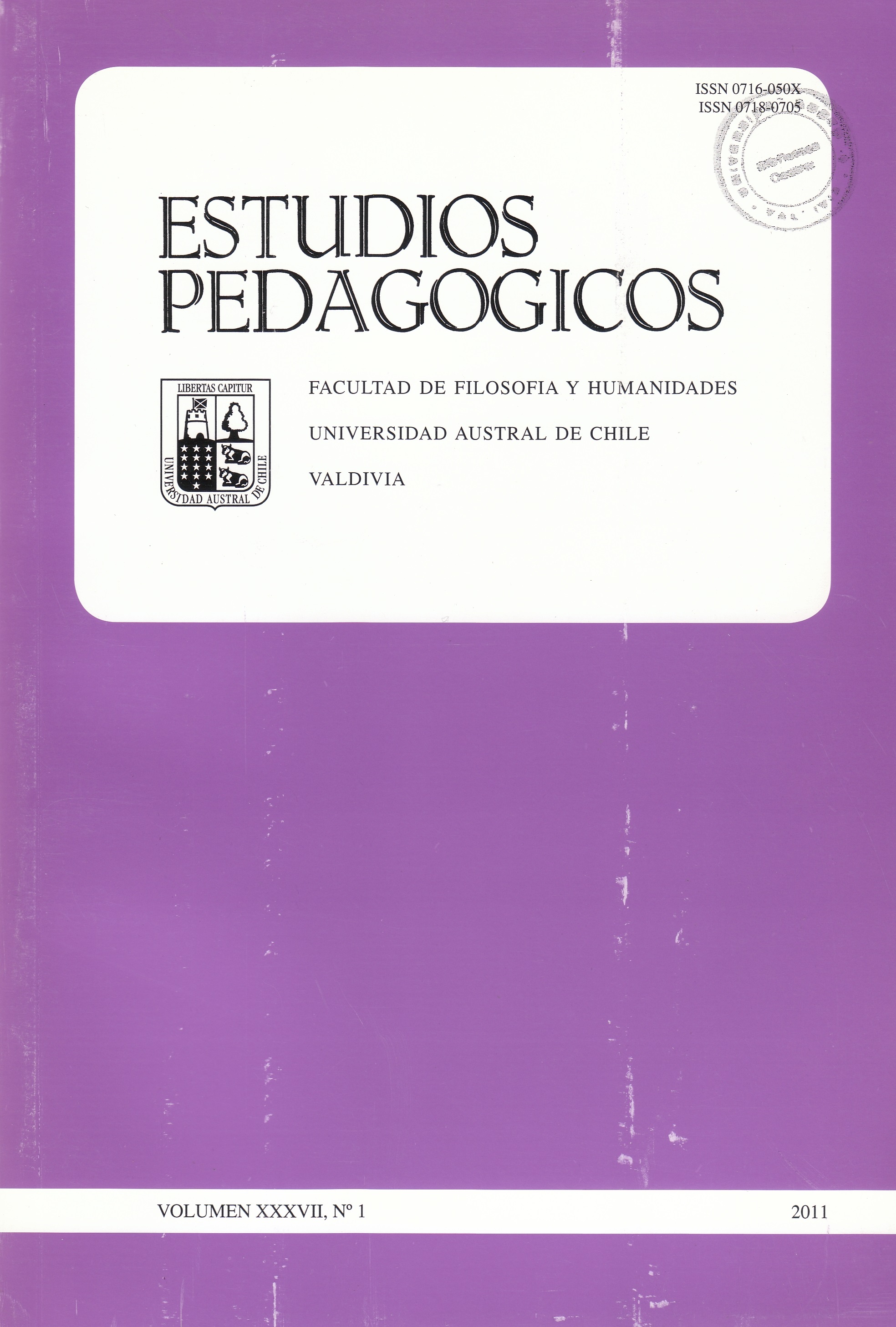The mediated reading of child literature as a tool for the basic emotional literacy
Main Article Content
Abstract
The reading of literature during childhood allows the child reader to explore the world of fiction in which different realities are characterized by a series of social interactions and, therefore, by emotional processes. In the present article, the authors highlight the way in which the reading of child literature contributes to the emotional and social development of the children through a process named “mediated reading”. During this process, the adult reader operates as a mediator of the emotional “fictional” experience of the characters of the narration, of the tale and of those real processes that characterize the context and the vital experience of the children. Furthermore, the narration is not intended to draw the children into the “teaching” of a specific emotion. In this way, the mediated reading of literature during childhood operates as a tool of emotional literacy, a process that allows the recognition of the own and the other’s emotions as a way of developing empathy and pro-social behavior. The article finishes by discussing the scope of the process of mediated reading of child literature as a tool that promotes the schooling inclusion and allows the interaction between the cognitive and affective aspects in the formal education.

